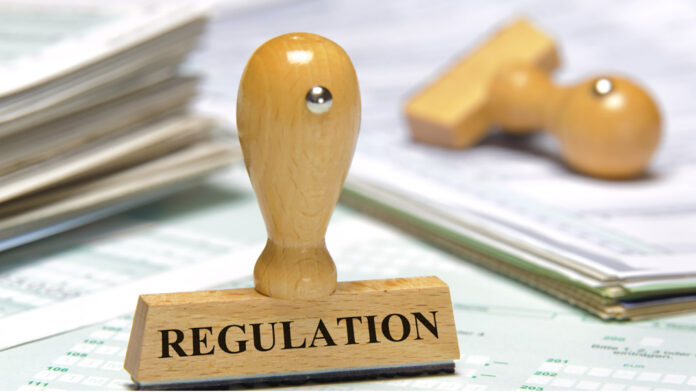
The Irish Gambling Regulation Act 2024, which passed on 23rd October 2024, is shaking things up a little bit. This came after nearly two years of lengthy debates in the Irish parliament. Many people are wondering who it will affect and what’s next.
Well, in the new age, you can expect tighter regulations and strict monitoring of inducements and advertising. However, most of these additions are there to protect players.
Ireland’s Previous Gambling Framework
Before the Gambling Regulation Act of 2024, the regulations for online and in-person gambling in Ireland differed from other jurisdictions. The Department of Justice was in charge of gambling regulations on what can be described as an ad hoc basis. The Irish market closely emulated the UK Gambling Commission. That is why GamStop applies to Northern Ireland. Prior to the bill, a good percentage of Irish players were using non GamStop Casinos and other offshore sites.
Believe it or not, Ireland’s last comprehensive legislation was in 1956. There were some previous attempts to change the legislation, which were heavily opposed by different organisations. The racing, sports clubs and bingo halls are still against the current changes, citing that some factors were not fully considered.
Due to the lack of a specific governing body, gambling enforcement was not strong in the country. The political and public pressure pushed for this reform to protect the common citizen.
Key Changes in the New Gambling Act 2024
The Gambling Act provided for the establishment of the Gambling Regulatory Authority of Ireland. GRAI is currently the central body regulating gambling in the country. Having a unified gambling authority is a major update which controls the issuing of licences.
Licensing Requirements
Under the Gambling Act, a licence is required for offline, online and business-to-business gambling activities. Bookmaker’s licences for betting activities are provided by the Revenue Commissioner.
However, the GRA outlines the different licences for in-person, remote or intermediary betting. The same applies to gaming and lotteries. The National Lottery is excluded and operated by Premier Lotteries Ireland.
Advertising
Initially, there was a call to totally ban gambling advertising in Ireland. This did not pass, and instead, the Gambling Act imposed a 5.30am to 9.00pm prohibition of gambling advertisements. The hours are designed to protect minors.
When it comes to social media, companies can only advertise to people who have accounts or follow them. The regulations of inducements are expected to get tighter since the GRA can propose further restrictions.
Consumer Protection Tools
The GRA is tackling gambling addiction head-on. According to the Act, any company with a gambling licence has to donate to the Social Impact Fund. This money is channelled towards initiatives aimed at controlling gambling.
To regulate gambling limits, GRA banned the use of credit cards, ATMs and credit facilities in gambling locations. The deposit limit is €10, and the winning is €3,000 for casino games and lotteries.
Players can also register for the National Gambling Exclusion Register. This excludes you from all GRAI-licensed companies. During your exclusion period, a company can’t accept payment or allow you to register or get in touch through advertisements. Breaching any of these terms is an offence that attracts a penalty or prison sentence.
Impact of the Gambling Regulation Act on Operators and Players
The GRA greatly affects licensed operators. Players are hardly affected. You can continue wagering on your favourite casino or sports offline or online. Operators, on the other hand, are facing multiple sanctions for non-compliance.
As mentioned, there are marketing restrictions on social media and other channels. There are now set times, events and places where operators can advertise. The baseline fee for a remote licence is €20,000, while the fee per premises is €1,200. Many operators complained about this major spike. The GRAI has been open about considering other fee systems. Operators are also requesting a longer licence term.
Any operator who does not comply with the Act can be investigated, prosecuted and penalised for their offences.
Gambling Regulation’s Implications on the Irish Market
As the new Act takes shape, Irish players should expect more refined gaming platforms. As companies embrace the new provisions, players will enjoy a more supervised and regulated gaming environment. These changes can bring Ireland closer to EU-level regulation and global standards. For instance, you can now use the National Gambling Exclusion Register to control your gaming. The sooner operators take the initiative to understand and comply with the Gambling Act, the easier the transition.











